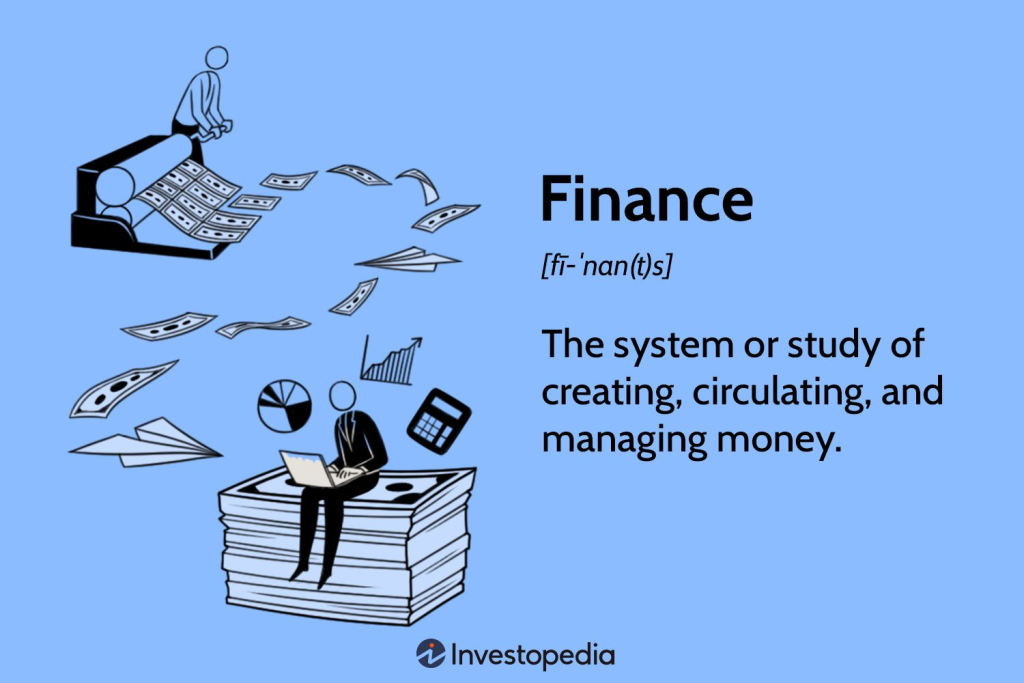Building your finances requires a combination of smart money management, disciplined saving habits, and strategic investment decisions. Here are some effective ways to build more finances:
- Create a budget: Start by tracking your income and expenses to create a realistic budget. Allocate your money towards essential expenses, savings, debt repayment, and discretionary spending. A budget will help you understand where your money is going and identify areas where you can cut back or save more.
- Automate your savings: Set up automatic transfers from your checking account to your savings account or investment accounts. This way, you can save money consistently without the temptation to spend it. Treat your savings like any other recurring bill to prioritize building your financial reserves.
- Reduce unnecessary expenses: Review your spending habits and cut back on non-essential expenses. Look for ways to reduce monthly bills, negotiate lower rates on services, avoid impulse purchases, and find cost-effective alternatives. Small changes in your spending behavior can add up to significant savings over time.
- Increase your income: Explore opportunities to increase your income, such as pursuing a higher-paying job, freelancing or starting a side business, taking on part-time work, or investing in your skills and education. Generating additional sources of income can accelerate your financial growth and improve your overall financial health.
- Pay off high-interest debt: Prioritize paying off high-interest debt, such as credit card balances or personal loans. High-interest debt can eat into your finances and hinder your ability to save and invest effectively. Focus on eliminating debt to free up more money for saving and investing.
- Build an emergency fund: As mentioned earlier, having an emergency fund is crucial for financial security. Aim to save at least 3-6 months’ worth of living expenses in a separate savings account to cover unexpected costs or financial setbacks. An emergency fund provides a safety net and prevents you from going into debt during tough times.
- Invest for the long term: Explore different investment options based on your risk tolerance, financial goals, and time horizon. Consider investing in a diversified portfolio of stocks, bonds, real estate, or other assets to grow your wealth over time. Stay informed about investment opportunities and seek professional advice if needed.
- Take advantage of retirement accounts: Maximize contributions to retirement accounts like 401(k)s, IRAs, or Roth IRAs to save for retirement with tax advantages. Employer-sponsored retirement plans often offer matching contributions, so make sure you contribute enough to receive the full match.
- Review and adjust your financial plan: Regularly review your financial goals, budget, savings, investments, and progress towards building your finances. Make adjustments as needed to stay on track and continue working towards your long-term financial objectives.

By following these strategies and adopting healthy financial habits, you can build more finances, secure your financial future, and achieve your financial goals over time. Consistency, discipline, and a proactive approach to managing your money will help you build wealth and improve your financial well-being.





